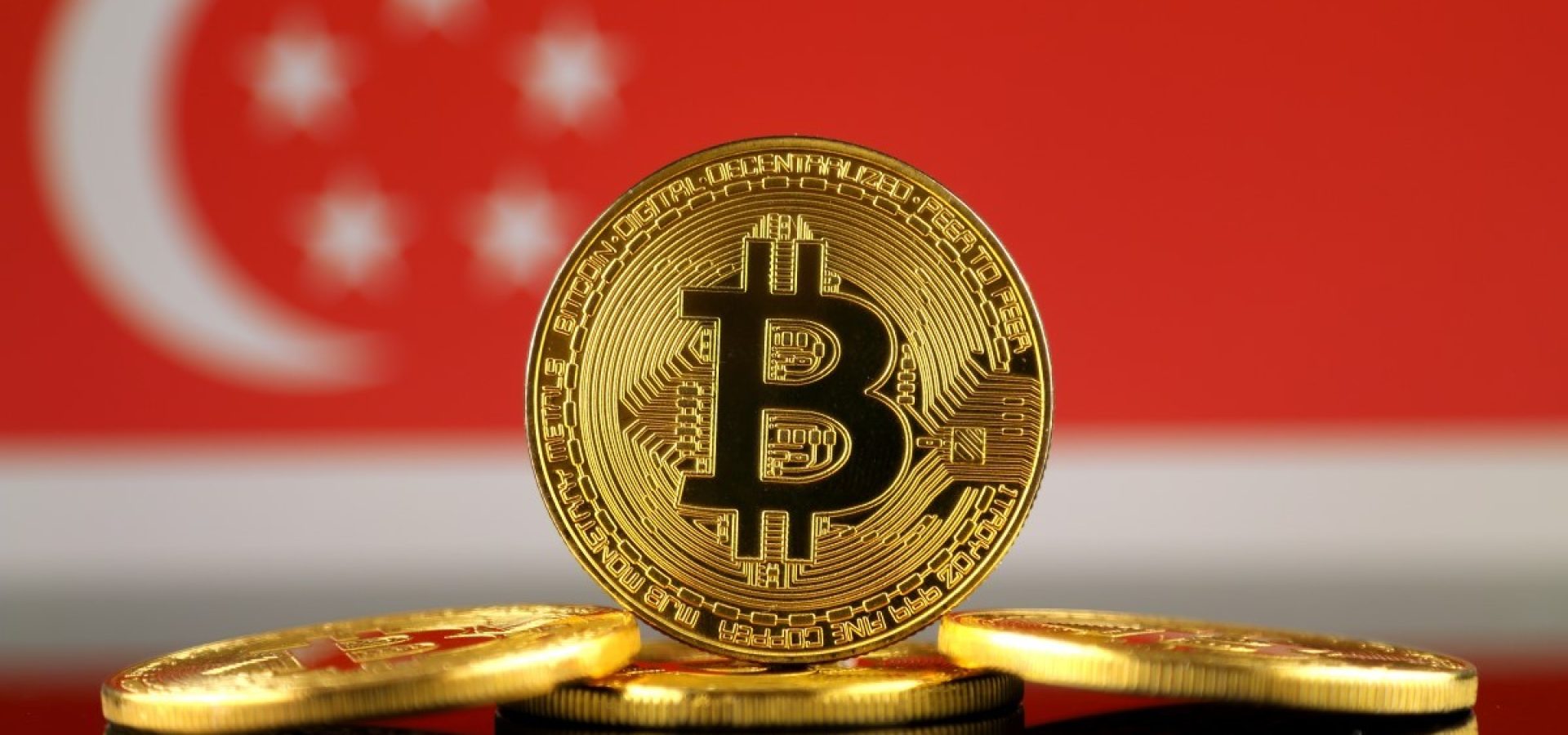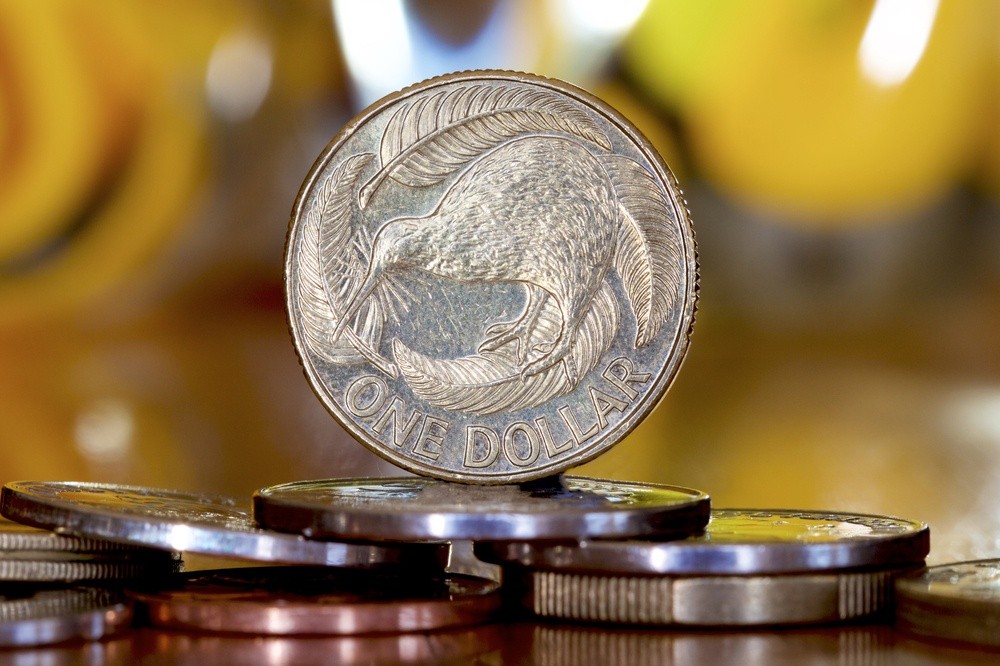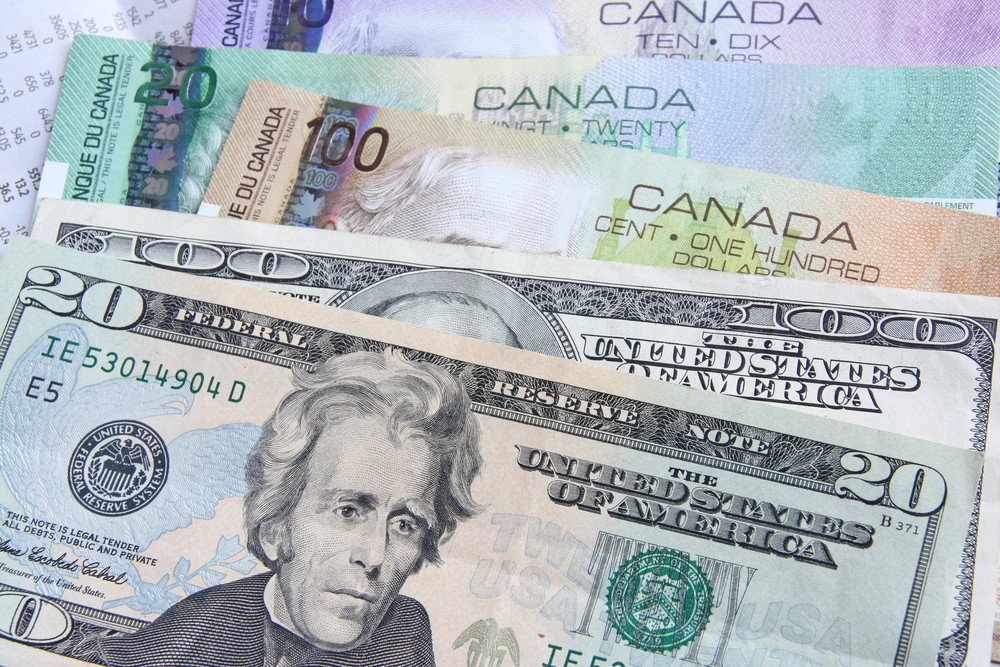Last week, Singapore’s tax authority, the Inland Revenue Authority of Singapore (IRAS) released its e-tax guide. This guide helped to fill in the tax gaps for so-called “digital tokens” that encompasses all three types of crypto.
The first type is payment tokens, used to buy goods and services. The second one is the utility tokens, which represent a right to goods and services and the last one is security tokens or digital tokens.
Importantly, each of them has a new definition and corresponding tax treatment from the IRAS. The purpose of the e-tax guide is to help consumers as well as businesses and issuers of initial coin offerings (ICO).
Crypto industry and IRAS
The crypto industry is evolving not only in Singapore but around the world. Hopefully, the tax guide also clarifies procedures for more obscure crypto events. For instance, IRAS will not impose income taxes on the airdropped payment tokens or those that come from a blockchain hard fork, which is a “windfall”.
However, people should take into account that, like other payment tokens, nontraditionally delivered cryptos does not fall into the category. Thus tax will apply to nontraditionally delivered cryptos when it comes to transactions.
It is worth mentioning that, IRAS considers payment tokens such as Bitcoin to be “intangible property” instead of legal tender. Thus, when a customer pays in Bitcoin, this person is engaging in “barter trade” for which the goods and services are taxed. However, this does not apply to the payment token itself.
Thanks to Singapore’s investor-friendly tax scheme all capital raised by the security token ICO issuers belongs to them. Thus, they do not have to worry about this topic. However, utility token ICO issuers are not so lucky.
It means that their proceeds are effectively deferred revenue that is taxable as soon as they deliver the goods. In the case of payment token ICO issuers, they need to pay right away. However, according to the guide, such schemes are not common.











COMMENTS